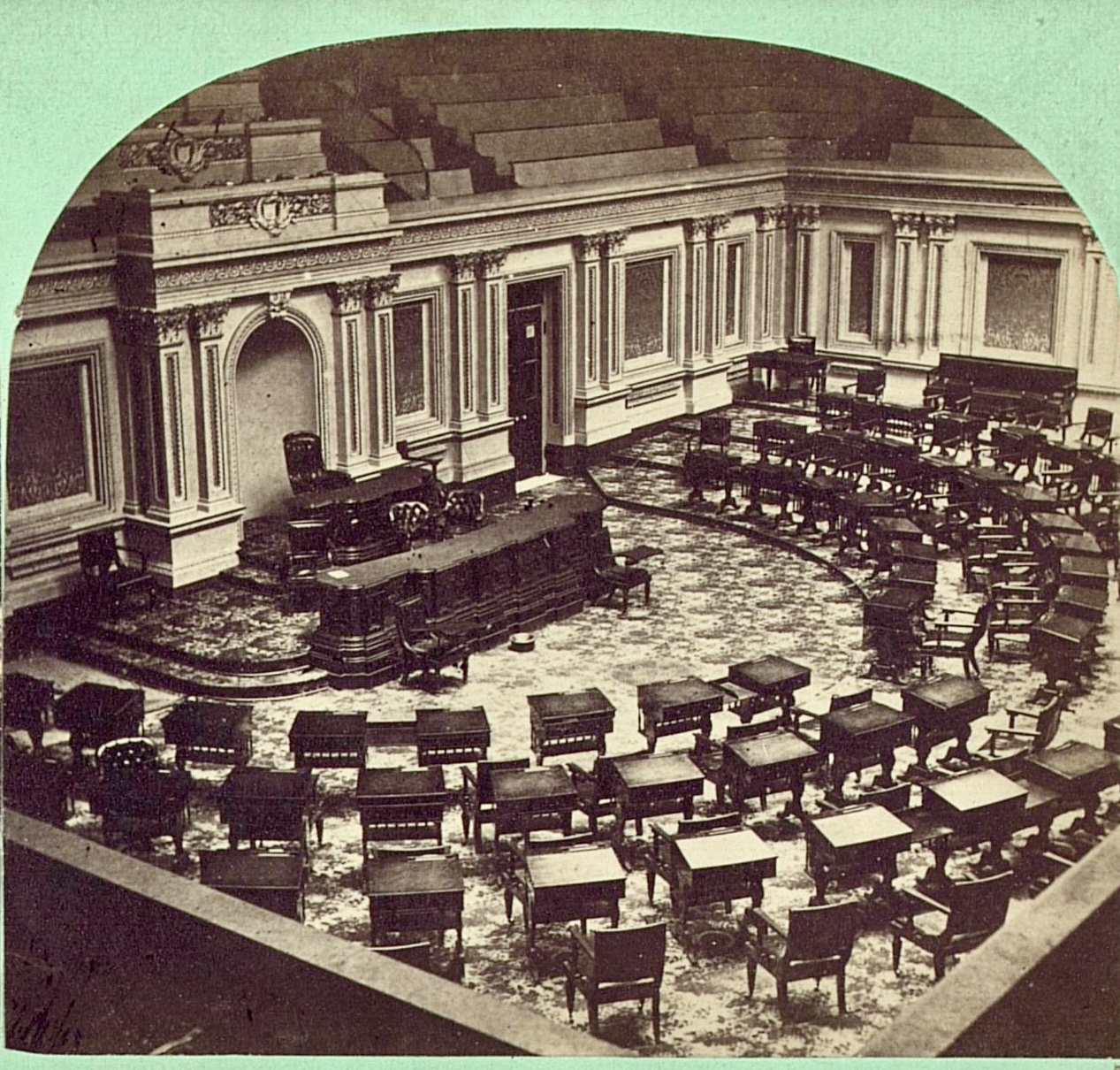President Donald Trump has accomplished in weeks what the foreign policy establishment couldn’t achieve in decades—securing broad Arab, Muslim, and Palestinian support for a comprehensive Gaza peace framework. This diplomatic breakthrough isn’t just reshaping Middle Eastern politics; it’s proving that America First leadership delivers results where globalist consensus-building has failed spectacularly.
The Palestinian Authority’s endorsement of Trump’s 20-point Gaza plan represents a stunning reversal from their 2020 rejection of his peace proposal. What changed? Trump’s unwavering commitment to American interests created the leverage necessary for genuine negotiation. While establishment diplomats spent years managing conflicts through endless UN committees and multilateral hand-wringing, Trump focused on ending them through decisive bilateral engagement.
The plan’s vision of transforming Gaza into a “Dubai-like economic hub” showcases the power of American-backed development over perpetual aid dependency. This isn’t charity—it’s strategic investment that could generate billions in trade opportunities for American businesses while creating regional stability that reduces our military commitments. It’s the essence of peace through prosperity, backed by the credible threat of American strength.
Perhaps most remarkably, Trump has secured support from traditional Palestinian allies including Turkey and Saudi Arabia, effectively isolating Hamas and forcing the terror group into an impossible choice: embrace irrelevance or comply with American-led peace terms. This strategic isolation demonstrates how principled consistency commands international respect far more effectively than the endless concessions that have characterized decades of failed diplomacy.
The constitutional implications are equally significant. Article II grants the executive broad authority over foreign affairs, and Trump’s direct, results-oriented approach exemplifies how American presidents should conduct diplomacy. Rather than surrendering American sovereignty to international bureaucracies, Trump has positioned America as the indispensable mediator whose leadership creates genuine solutions.
This Gaza framework builds naturally on the historic Abraham Accords, potentially expanding that success into Abraham Accords 2.0—a broader Middle Eastern alliance that counters Iranian influence while advancing American energy security interests. The economic partnerships emerging from this realignment could fundamentally reshape global energy markets in America’s favor, reducing our dependence on hostile regimes while strengthening relationships with reliable allies.
The contrast with previous administrations couldn’t be starker. Where Obama’s Iran nuclear deal empowered America’s enemies, Trump’s approach strengthens our friends. Where Biden’s chaotic Afghanistan withdrawal projected weakness, Trump’s Gaza diplomacy demonstrates strength. The international community responds to American leadership when that leadership is clear, consistent, and unapologetically focused on American interests.
Critics will undoubtedly claim this breakthrough was inevitable or dismiss it as mere luck. They’re wrong. This success required the kind of strategic thinking and decisive action that the foreign policy establishment has consistently failed to provide. It required understanding that America’s friends respect strength while our enemies exploit weakness—a lesson apparently lost on generations of State Department careerists.
The broader implications extend far beyond Gaza. Trump’s success here creates a template for American diplomatic engagement that prioritizes results over process, bilateral relationships over multilateral theater, and American interests over globalist consensus. This approach could revolutionize how America engages with the world, converting military commitments into economic partnerships while maintaining the strength necessary to deter aggression.
For patriots watching this unfold, the lesson is clear: America First diplomacy works. When American leadership is principled, consistent, and focused on our national interests, even the world’s most intractable conflicts become manageable. The same approach that secured peace between Israel and Arab nations is now bringing Palestinians into the fold—not through concessions to extremists, but through isolation of bad actors and empowerment of reasonable voices.
This Gaza victory signals that Trump’s second-term foreign policy will likely continue converting America’s military presence into economic influence, our aid dependency relationships into trade partnerships, and our endless commitments into finite solutions. That’s not just smart diplomacy—it’s America First leadership delivering the peace and prosperity our founders envisioned.





